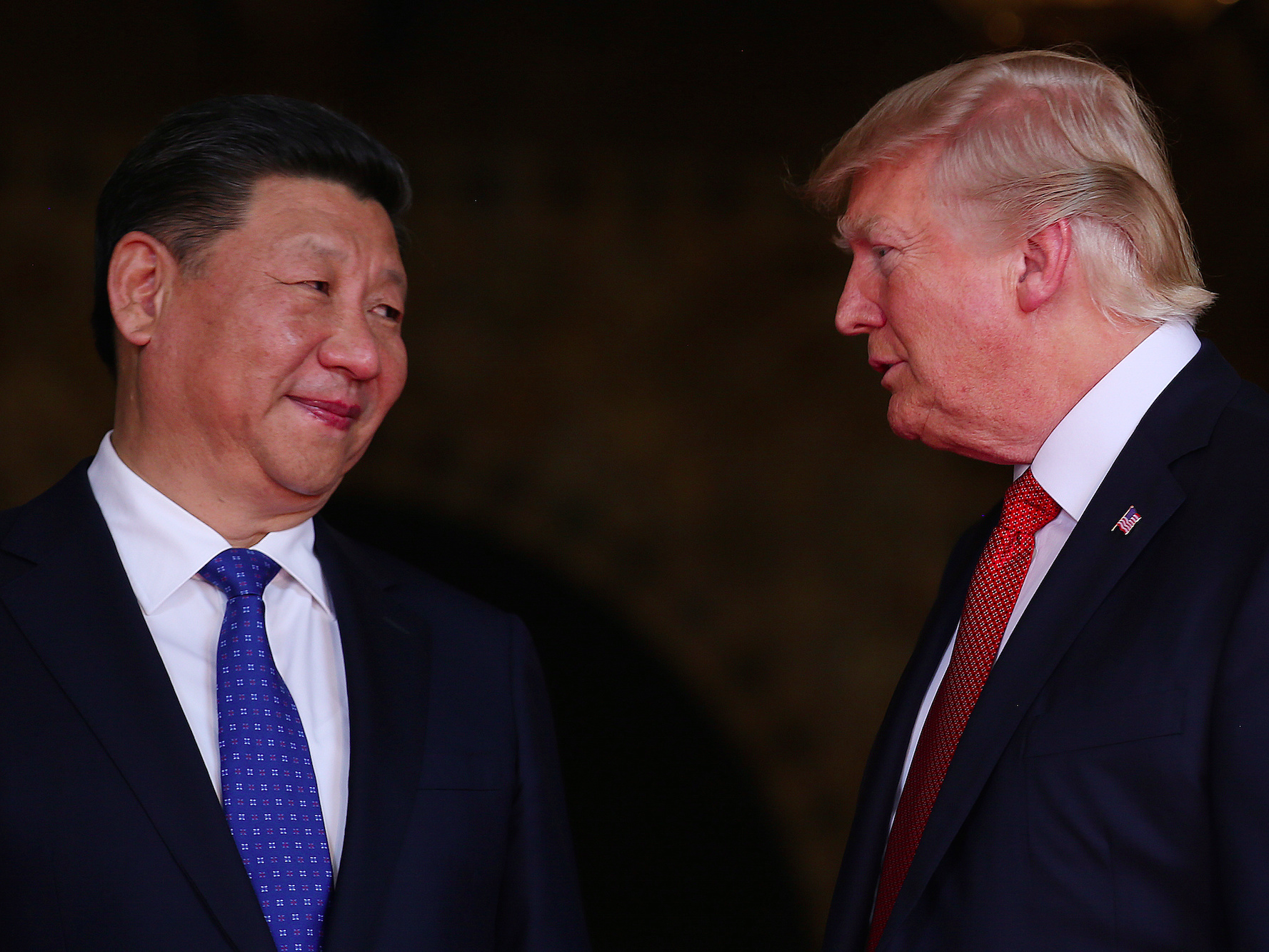US-China relations could deteriorate significantly following North Korea’s latest missile launch, in which the country fired a missile over Japan early Tuesday morning local time.
Analysts argue that it’s possible the US could ramp up economic pressure against North Korea’s neighbor, China, which would then further strain relations between the two powers.
“After significant delay, I’d expect a real deterioration in US-China relations as we head into fall,” Ian Bremmer, the president of Eurasia Group, told Business Insider over email.
“Because the military options won’t be recommended by [Defense Secretary James] Mattis and the generals, near term [US President Donald] Trump’s clearest options are to up the pressure on China – something he’s been intent on doing anyway,” Bremmer added.
Trump has long maintained strong rhetoric against China and its trade practices. During his campaign, he vowed to label the country a currency manipulator on his first day in office, although he ultimately did not do so.
It's likely that Trump pulled back on calling China a currency manipulator at the time given the delicate situation with North Korea, which he himself implied in an interview with The Economist published in May (emphasis ours):
"Now, with that in mind, [Chinese president Xi Jinping] representing China and he wants what's best for China. But so far, you know, he's been, he's been very good. But, so they talk about why haven't you called him a currency manipulator? Now think of this. I say, 'Jinping. Please help us, let's make a deal. Help us with North Korea, and by the way we're announcing tomorrow that you're a currency manipulator, OK?' They never say that, you know the fake media, they never put them together, they always say, he didn't call him a currency [manipulator], number one. Number two, they're actually not a currency [manipulator]. You know, since I've been talking about currency manipulation with respect to them and other countries, they stopped."
More recently, however, the Trump administration has taken steps towards putting economic pressure on China and its companies. In mid-August, US initiated an investigation into China's thefts of US intellectual property (IP) using Section 301 of the Trade Act of 1974. And a few days later, the US announced sanctions on Chinese and Russian companies and individuals for supporting North Korean Weapons programs.
The president also reiterated his desire for tariffs on China during "a small Oval Office meeting, venting at senior staff for sometimes resisting his hawkish trade agenda," Axios reported Monday.
North Korea's latest missile launch could also shake up the dynamics in the White House. Bremmer told BI, "North Korea's escalation gives Trump leverage against Gary Cohn and the other White House advisors trying to keep a steadier relationship with Beijing."

